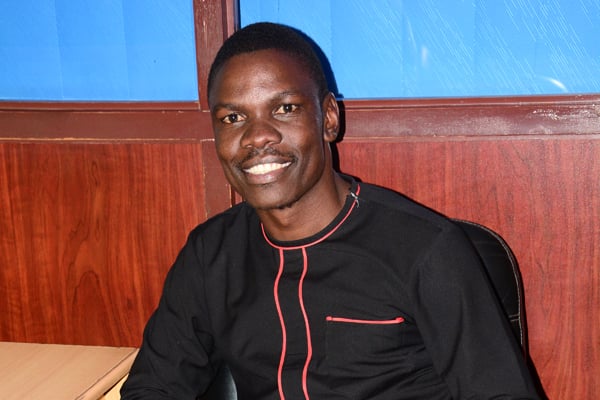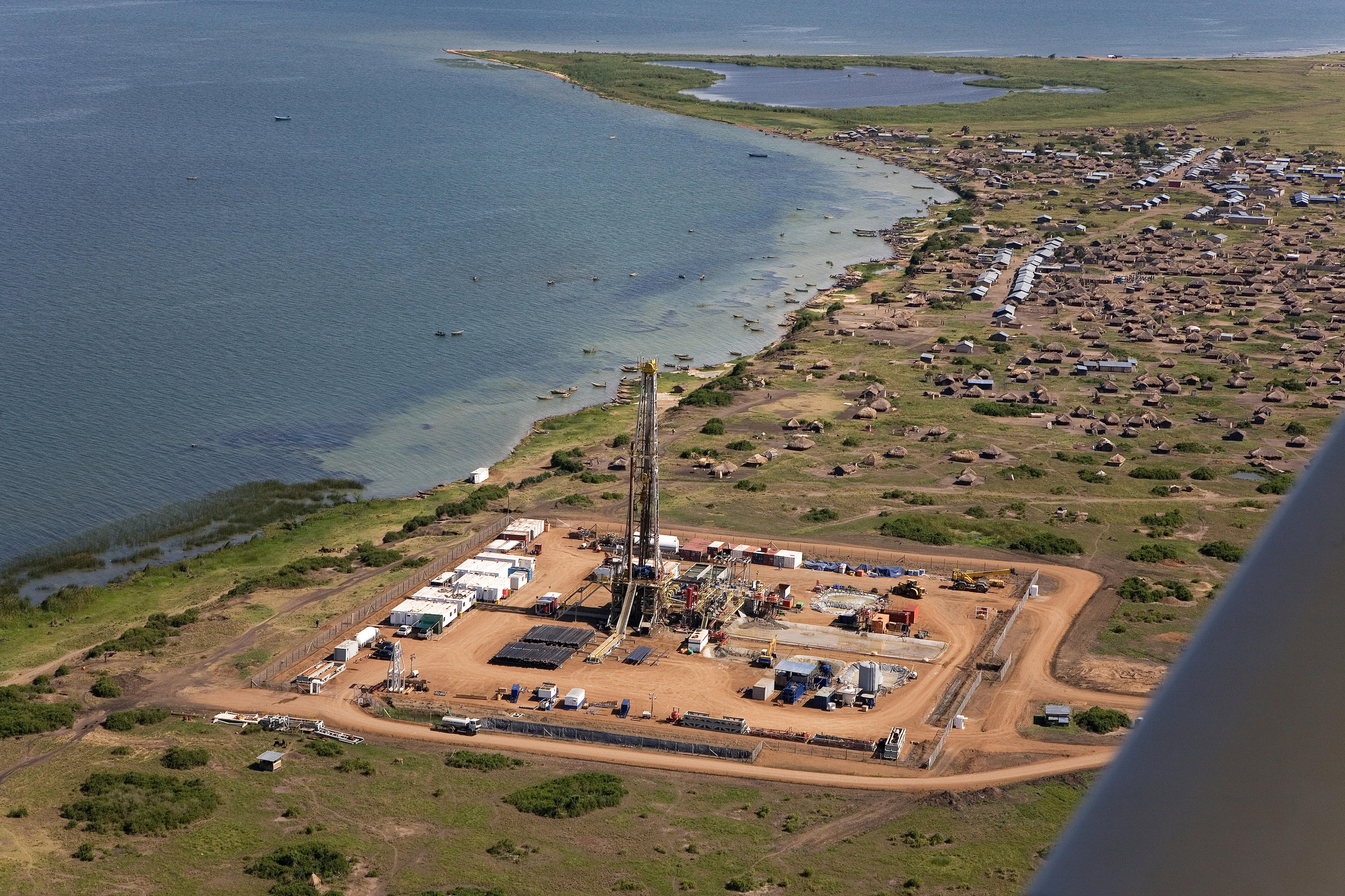Prime
Bobi backs EU move to delay oil project

Secretary General of the National Unity Platform (NUP) David Lewis Rubongoya and NUP leader Robert Kyagulanyi, alias Bobi Wine, at a press briefing in Kampala on September 21, 2022. PHOTO/MICHAEL KAKUMIRIZI
What you need to know:
- Bobi Wine says various people have lost their land to the project.
National Unity Platform (NUP) leader Robert Kyagulanyi, alias Bobi Wine, has backed the resolution by the European Union Parliament to delay the East African Crude Oil Pipeline (EACOP) project citing human rights violations.
During a press conference at their headquarters in Kamwokya, Kampala, Bobi Wine indicated that they have petitioned the EU Parliament on the deteriorating respect for human rights by the Ugandan government.
“We have written letters and addressed these issues to them because more than 10,000 people have lost their land to government officials, security and other authorities because of the upcoming oil deal,” Bobi Wine said yesterday.
Lawmakers led by the Deputy Speaker of Parliament, Mr Thomas Tayebwa, last week condemned the EU Parliament, accusing them of economic sabotage, racism and interference over a motion seeking to block the Shs14 trillion oil pipeline project.
“This motion seeks to curtail the progress of Uganda’s Oil and Gas developments and by extension, the country’s socio-econmic growth and development….the resolution represents the highest level of neo-colonialism and imperialism against the sovereignty of Uganda and Tanzania,” Mr Tayebwa’s statement reads.
Mr Godfrey Kabyanga, the State minister for Information and National Guidance, in an interview said Bobi Wine should not wait for foreign intervention to solve problems.
“The Minister of Foreign Affairs is preparing a detailed response to the EU. But the NUP president should not wait for the EU before he comes up with solutions to problems. He has been here in the country,” Mr Kabyanga said.
In February, while addressing the fifth Annual Africa Week Conference on Socialists in Brussels, Belgium, which was organised by the EU, human rights violations took centre stage during Bobi Wine’s presentation.
Bobi Wine indicated that the West funds government at the expense of the security of its own people. He cited abduction and killing of his supporters as well as land grabbing.
The EU lawmakers voted by a majority of 334 to pass the resolution that seeks to compel Uganda, Tanzania, and the Total Energies SE to delay development of the proposed East African Crude Oil Pipeline (EACOP) for at least one year so as to go back to the drawing board to address the issues of environmental degradation and human rights violations against the affected people.
In Uganda, EACOP will cover 296km, through 10 districts (Hoima, Kikuube, Kakumiro, Kyankwanzi, Mubende, Gomba, Sembabule, Lwengo, Kyotera and Rakai). Reports also indicate that majority of the affected households have not been compensated.
During the press conference yesterday, Bobi Wine indicated that there is no need for oil to be extracted yet the-would-be beneficiaries are suffering.
Bobi Wine said he had been to Italy and Ukraine to lobby support for Ugandans.
“We are here to expose Mr Museveni because he has created a wrong picture of himself among the Western world. Those people think that the dictator in Uganda still stands for the values that he espoused when he was coming in 1986,” he said.
Asked to elaborate how this would benefit the common Ugandan, Bobi Wine said the more the Western world gets to know who President Museveni is, they will stop funding the military and other projects.
“Many governments have fallen because they lost favour from the West. It is always hard to fight a dictator just from within. That is why we are cutting all the links he has abroad such that by the time he is left alone, it will be easy to push him out,” he said.
President Museveni has since said the construction of the EACOP project would proceed despite the resolution by the EU Parliament. According to plans, oil is supposed to be produced by 2025.





